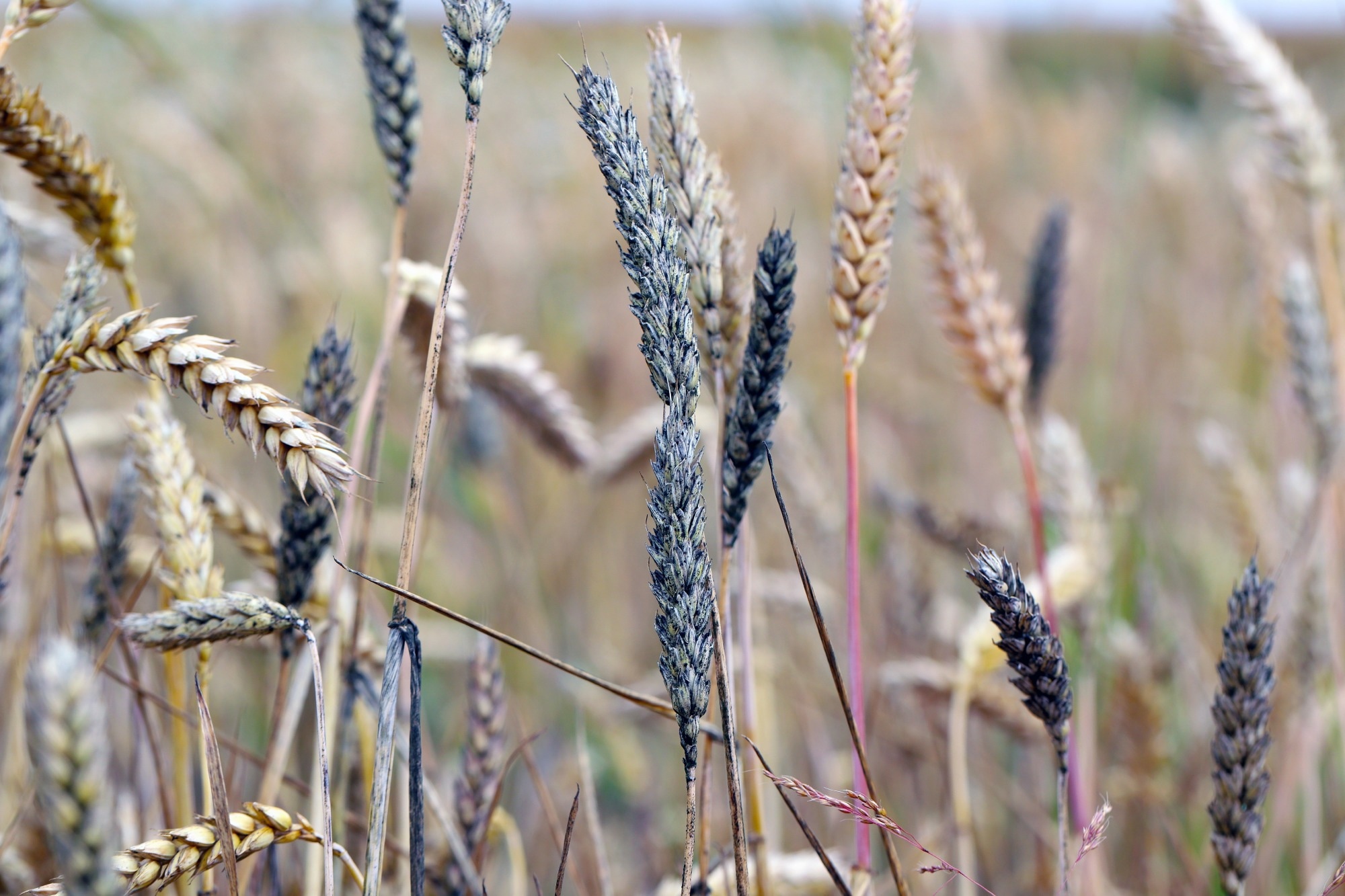In addition, the study described prevention and detoxification methods to keep food and livestock feed safe from mycotoxins.
Furthermore, the study discussed regulation limits for mycotoxins in major cereal-producing countries and proposed some areas worthy of further research.
 Study: Mycotoxins in Cereal-Based Products and Their Impacts on the Health of Humans, Livestock Animals and Pets. Image Credit: TomaszKlejdysz/Shutterstock.com
Study: Mycotoxins in Cereal-Based Products and Their Impacts on the Health of Humans, Livestock Animals and Pets. Image Credit: TomaszKlejdysz/Shutterstock.com
Background
Mycotoxins, secondary metabolites of toxic fungi/molds, are synthesized mainly by Aspergillus, Fusarium, Penicillium, and Alternaria genera. Cereals could be contaminated by fungi in the field and post-harvesting, particularly during storage, especially in hot and humid climates.
Some common mycotoxins in cereals are aflatoxins (AFs), ochratoxins (OTs), and Fumonisins (FUMs). The genus Fusarium also produces Zearalenone (ZEA) and trichothecenes.
Besides cereals, mycotoxins contaminate other agricultural commodities, e.g., spices, nuts, coffee beans. Studies have implicated mycotoxin contamination in acute toxicity and chronic diseases in humans, e.g., cancer and neural tube defects.
Developing countries face food shortages and less strict implementation of food safety regulations. For instance, in African and Asian countries where people depend on corn, the risk of mycotoxicoses is high.
Moreover, these countries have barely been able to develop and implement cost-effective detoxification methods to reduce the toxicity of contaminated grains.
In developed countries, food supply is ample, and food safety regulations are also adequate. Thus, mycotoxin contamination of cereal grains is not a safety issue for their adult populations.
However, the risk of mycotoxin contamination persists for infants, young children, livestock, and pets.
Mycotoxins in cereals and their adverse health effects
Studies suggest that the prevalence of mycotoxins in unprocessed cereals ranges from 60-80%.
The 2020 BIOMIN World Mycotoxin Survey Report showed that Fusarium mycotoxins, deoxynivalenol (DON) and Fumonisins (FUM) were the most prevalent globally, followed by Zearalenone (ZEA).
Notably, food processing can lower mycotoxin levels in cereal-based foods but not wholly eliminate it.
In humans, AF-caused acute mycotoxin poisoning has led to several outbreaks in different countries, resulting in fatalities.
For instance, mycotoxin outbreaks in Taiwan and Malaysia (1967 and 1988) claimed the lives of people who consumed contaminated moldy rice and Chinese noodles, respectively.
The severity of their effects depends on age, gender, and the type and quantity of food consumed. Chronic exposure to AFs and FUMs can cause cancer, liver diseases, neural tube defects in neonates, and impaired fetal growth.
Researchers have used animal studies to show the effects of varying oral lethal doses of OTs in different species, with dogs and pigs showing more sensitivity than mice. Likewise, in vitro studies helped the researchers understand the pathogenic mechanisms underpinning mycotoxin toxicity.
Animal feed, particularly cereals and oilseed by-products, and complete feeds and their ingredients are co-contaminated with multiple mycotoxins. Mycotoxin contamination in poultry feed also exceeds safety standards in various countries.
Mycotoxins adversely affect animal health even when consumed at doses slightly above the regulation limits. Ingesting highly contaminated feed caused acute intoxication in livestock in Western India in 1974.
Aflatoxin and OTA caused kidney diseases in livestock in Europe and Egypt and esophageal cancer caused by FUMs in Africa and some regions of China.
Conclusions
Mycotoxin contamination of cereals and cereal-based products is a serious food and feed safety issue, particularly in developing countries. It necessitates the implementation of pre-and post-harvest mycotoxin control strategies to reduce the degree of contamination.
Pre-harvest strategies include breeding resistant seeds using biological seed treatments and implementing good agricultural practices.
Some post-harvest strategies for mycotoxin control are adequately drying whole grain cereals to a safe moisture level, using food storage facilities with appropriate aeration systems, and utilizing antifungal packaging.
Detoxification of mycotoxin-contaminated cereal grains requires sorting, processing, and using mycotoxin binders. Biocontrol of mycotoxins via bioactive metabolites has shown promise, but it is costly and adversely affects the texture and flavor of cereals.
Studies should investigate the combined effect of co-exposure to multiple mycotoxins in humans and animals. Future studies should also explore the adverse health effects of mycotoxin-contaminated dry pet food on pets.
So far, all reported data in this regard comes from the investigations after outbreaks caused by the intake of highly contaminated pet food.